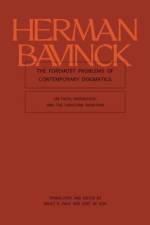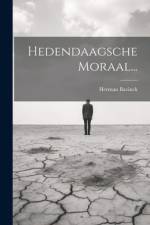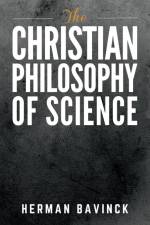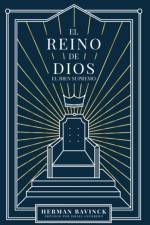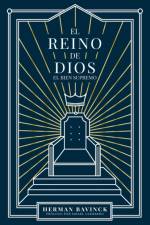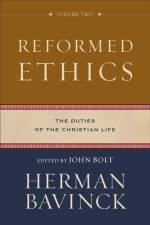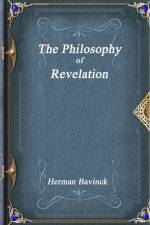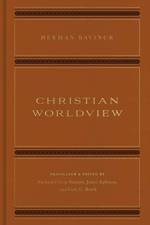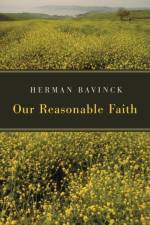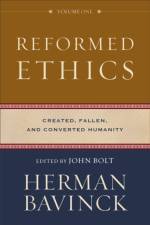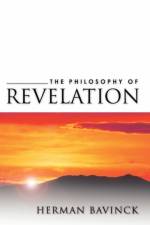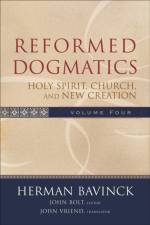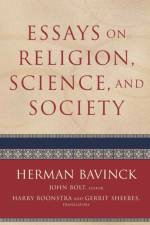av Herman Bavinck
181
Herman Bavinck, the prominent, Dutch Neo-Calvinist theologian wrote The Christian Philosophy of Science in 1904, at the pinnacle of his career. However, the emphasis of this work sets it apart from Bavinck's other writings. Even though Bavinck is best known as a systematic theologian, he wrote this work to contribute to a comprehensive Christian philosophy. A century ago, in the Netherlands, a renewed desire to participate in scientific research in accordance with Christian principles inspired Bavinck's work on the philosophy of science. At the time, many Christian scientists and researchers were disillusioned with the methodological positivism that dominated science for much of the nineteenth century. Thus, Bavinck was ahead of his time, having written this work approximately 60 years before positivism was largely abandoned in Western academic studies. According to Bavinck, all scientific research must assume the presence of a logical order within, and consistently acting upon, Creation. This can only be the handiwork of a Sovereign Creator. He describes science as the understanding of the divine mind in various divine works. Therefore, authentic science should always lead to a further understanding and respect for God. He also argues that, given the reality of human nature, the Christian philosophy of science is essential for scientific research. People are corrupt and prone to distorting the truth for their own benefit, therefore only through the self-evaluation mandated by the gospel of Jesus Christ can we truly be scientific truth-seekers. True science, according to Bavinck, is Christocentric, as all scientific inquiry is centered on Jesus Christ. There has never been a greater need for a thorough Christian Philosophy of Science to engage in modern scientific challenges. While much work remains in this area, it is hoped that this translation of Bavinck's most complete work on the subject might help steer future efforts in a positive direction.

